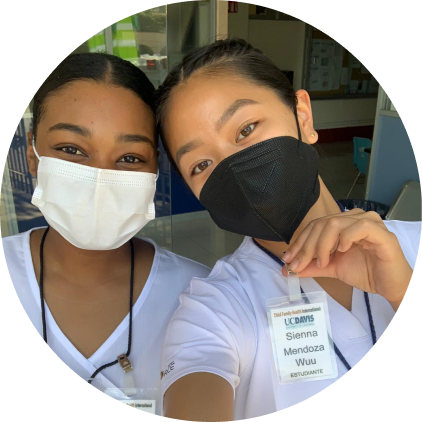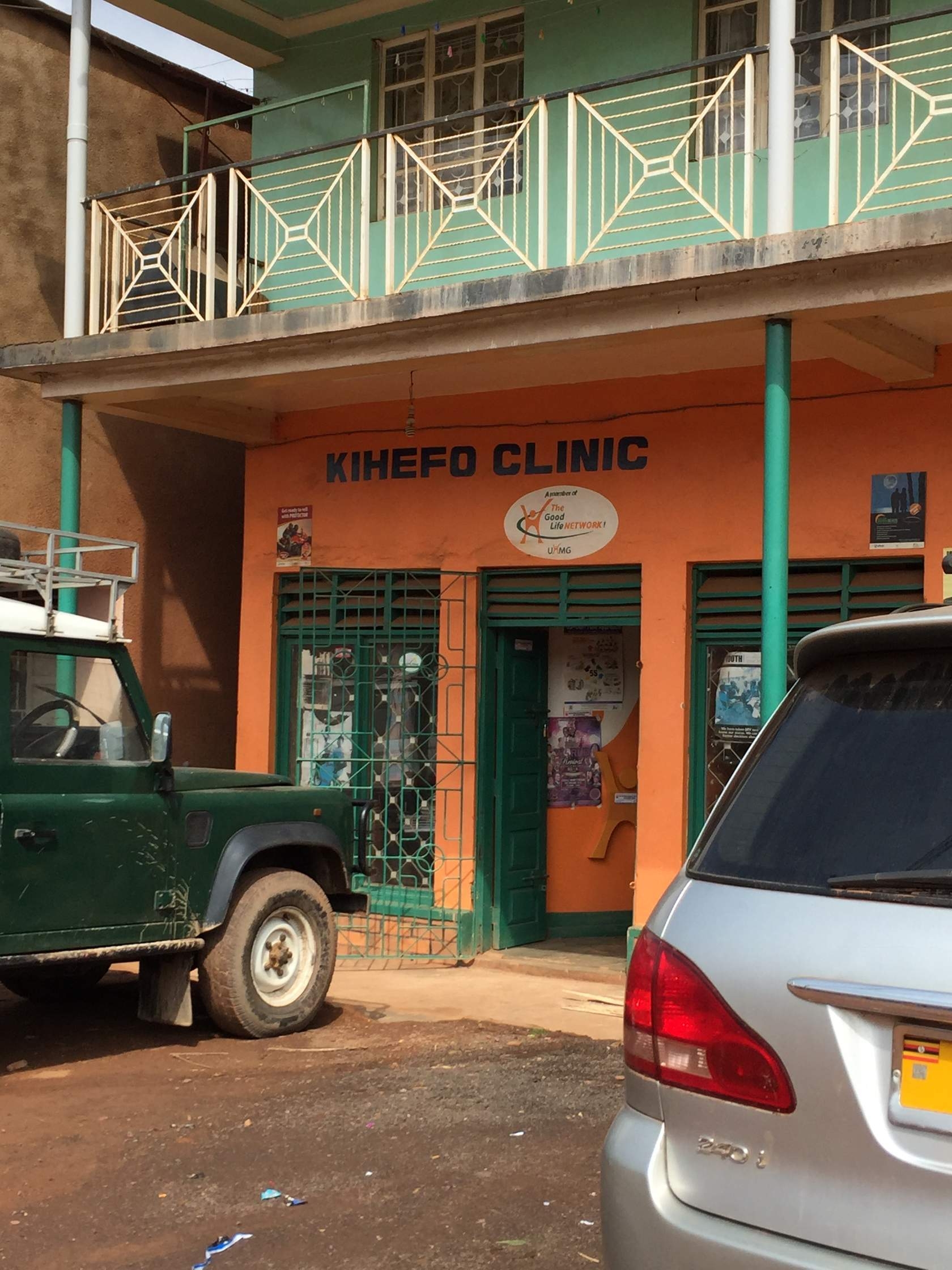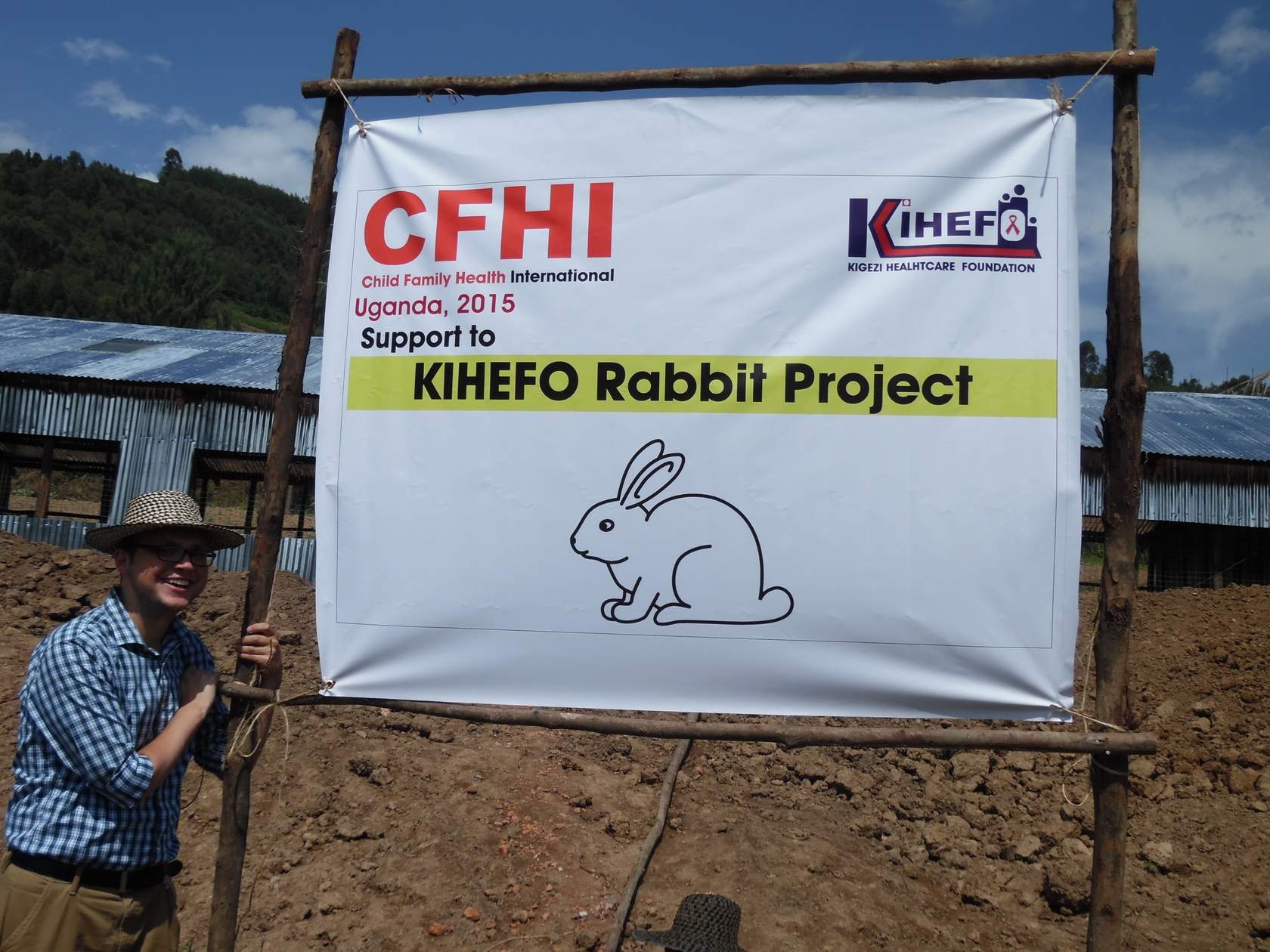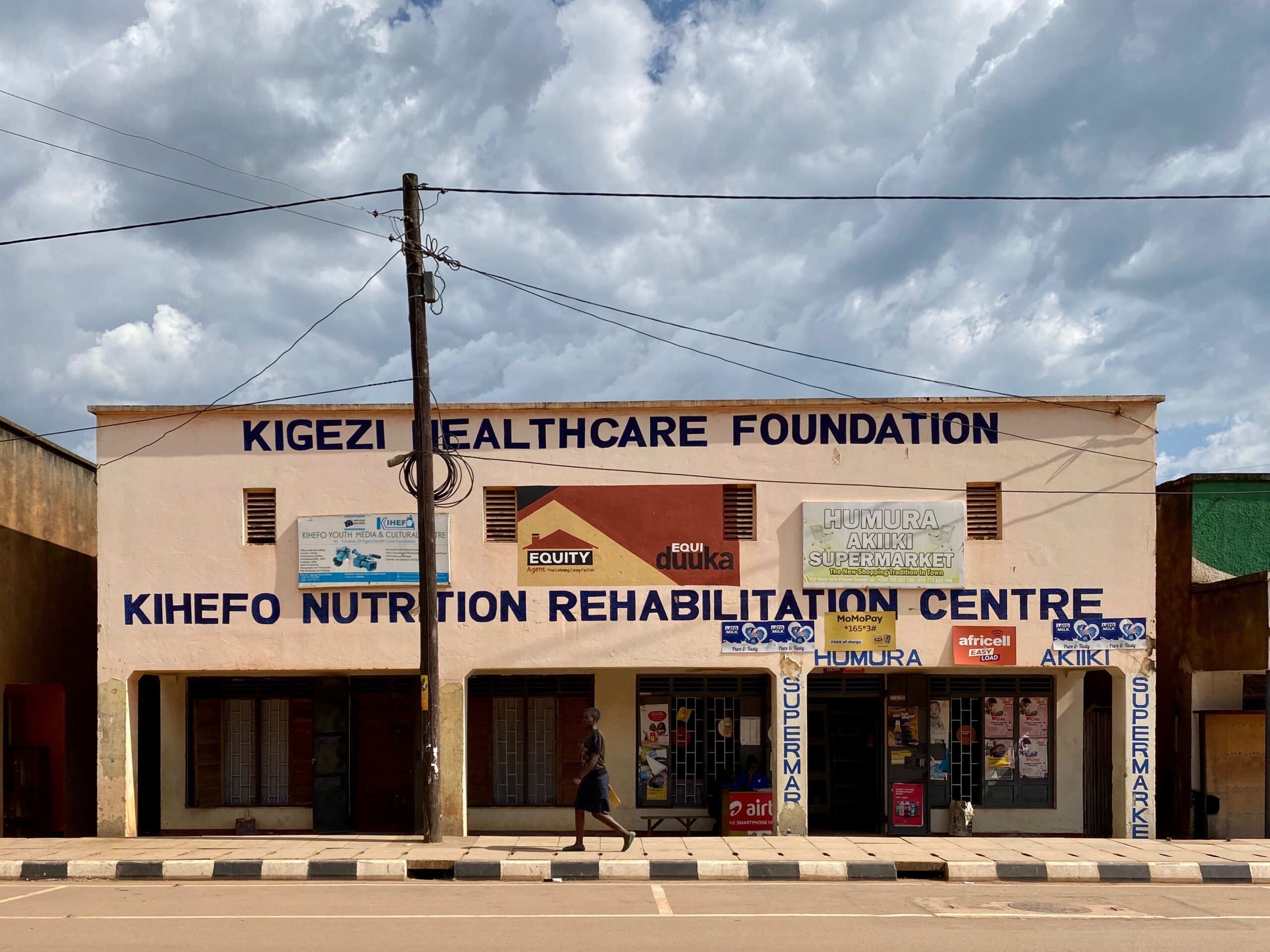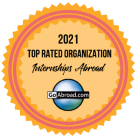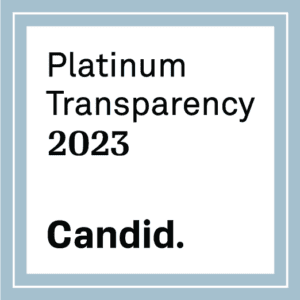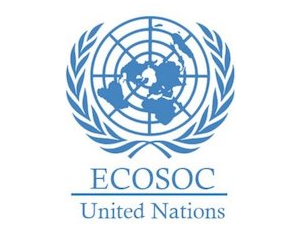- Home
- All programs
- Global Health in Uganda (Kabale)
Program overview
East Africa’s Uganda is known for its stunning ecotourism opportunities, beautiful mountains, and tea and coffee production. Kabale is a town in the lush Western mountainous region of Uganda, where the local public health system and health workers strive to address challenges such as high maternal and infant mortality, HIV/AIDS and other infectious diseases, and limited access to nutritious food leading to malnutrition.
Program participants will learn about determinants of health through activities in soil science, crop science and animal husbandry; all centered around Ugandan realities. Learn about innovative methods to address malnutrition and food insecurity from Ugandan experts. Visit local clinics and healthcare centers to see the ways that sustainable agriculture and food access impact clinical care and health outcomes.
Depending on the season and local availability, activities may center more around nutrition and agriculture or clinical observation. Health outreach activities may also be available depending on the operations of CFHI’s partner NGO in Kabale.
Become immersed in Ugandan culture by staying in apartments and interacting with the local community. During free time, students may organize ecotourism activities at Lake Bunyonyi or the Bwindi Impenetrable Forest to observe rare and endangered mountain gorillas.
About this program
- Location
- Accommodations
- Arrival Information
- What's Included
- A Day in the Life
- Things to Do
- Alumni Advisor
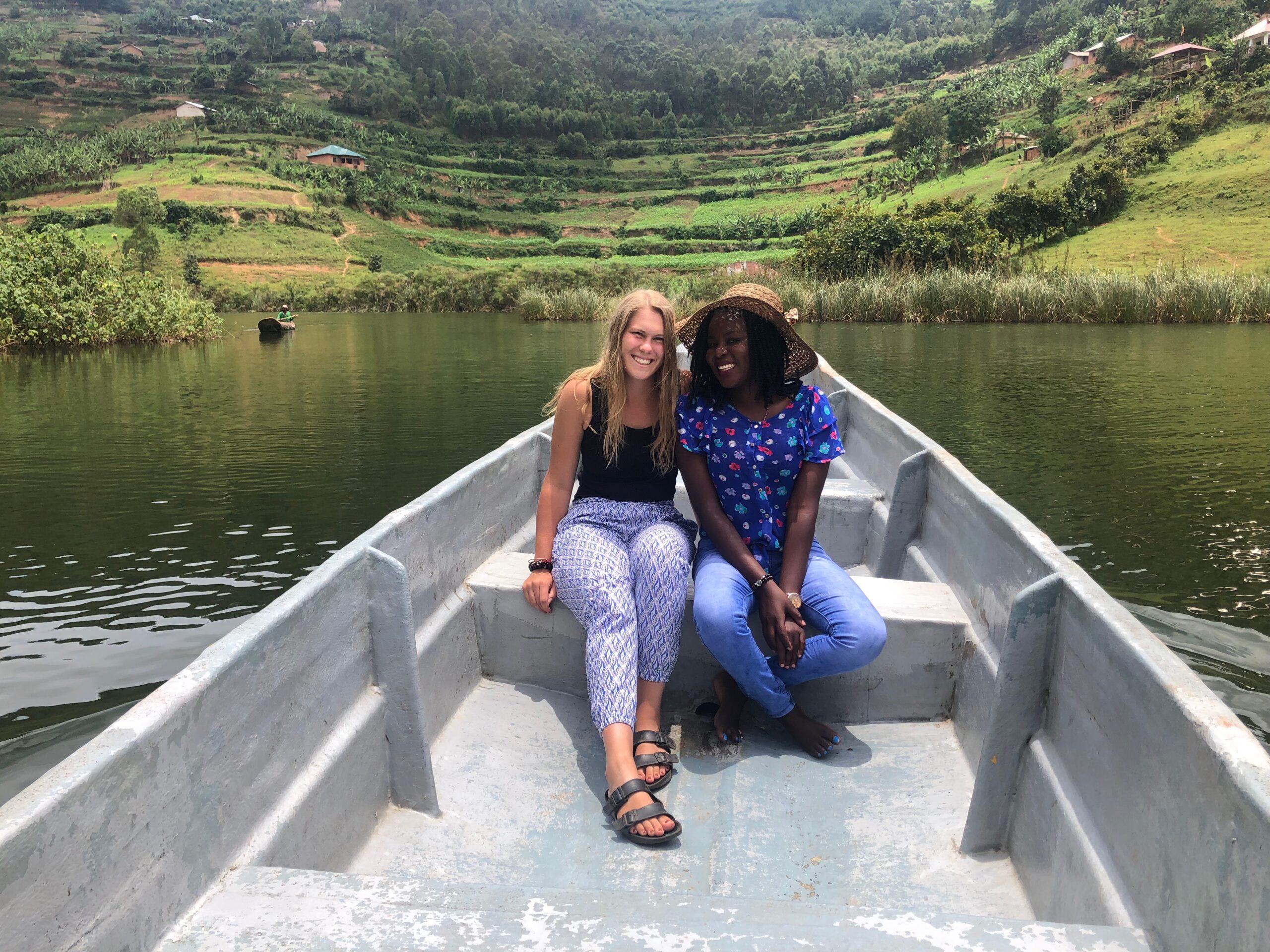
Kabale, nestled in the picturesque landscapes of southwestern Uganda, is a captivating destination situated a mere 20 kilometers from the border with Rwanda. As the capital of the Kabale District, this region holds a unique charm. Notably, Kabale’s elevated location, approximately 2,000 meters (6,600 feet) above sea level, sets it apart as one of the coldest areas in Uganda, offering visitors a refreshing escape from the country’s typically warmer climates.
With an estimated population of approximately two million people, Kabale’s residents predominantly reside in the serene rural villages that dot its surroundings. The local culture is rich and diverse, reflecting the traditions and customs of the region’s inhabitants. This makes Kabale an ideal place for cultural immersion and gaining a deeper understanding of the local way of life.
In terms of climate, Kabale experiences two distinct rainy seasons. The first typically occurs from April to the end of May, while the second extends from September to the end of October. However, it’s worth noting that Kabale receives moderate rainfall throughout the year, contributing to the lush and vibrant landscapes that characterize this part of Uganda.
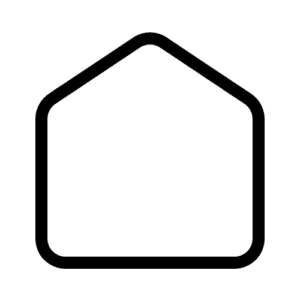
Program participants will find their home away from home in comfortable apartments, screened by CFHI Local Coordinators in Kabale and following CFHI’s health and safety guidelines. The apartments are located in a safe neighborhood in Kabale, only five minutes from the Primary Care Clinic. At the apartment, there will be a local caretaker on site who will cook and provide cleaning. In some cases, CFHI scholars share the apartment and/or a room with fellow program participants.
Going beyond mere lodging, staying in a local apartment provides a unique opportunity to learn about the local culture. Accommodations include two meals per day. At the welcome orientation, participants will be instructed on culture and work etiquette to have the best experience in both the home and the health settings.
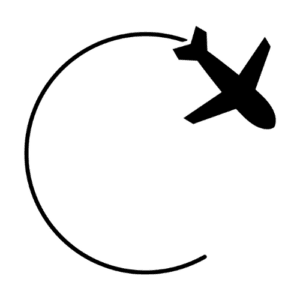
Participants should arrive at Kigali International Airport (KGL) in Rwanda. This is the only location where pick-up is provided and it is the closest airport to Kabale (2-3 hours away). The local team will escort participants to southwestern Uganda, across the Rwandan-Ugandan border into Kabale.
All US citizens should apply for an East Africa tourist visa in advance. More information will be provided by CFHI after acceptance into the program.
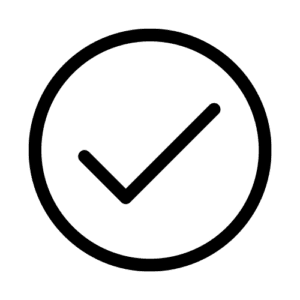
What’s Included
CFHI Program fees include the majority of your on the ground costs. As a nonprofit, CFHI strives to keep fees low and offers fundraising opportunities, scholarships and discounts.
Pre-Departure Support
- Program advising and support via email, phone, and web meeting from CFHI’s Central Leadership team
- Detailed online Pre-Departure Training that includes modules on program logistics (flights, visas, immunizations, and more), intercultural learning, introduction to health realities at your program site, and much more
On-Site Services
- Airport pick-up upon arrival and transportation with a local CFHI representative to your program lodging
- Welcome orientation 1-2 days after arrival covering safety, transportation, and other logistics
- CFHI Local Team that provides instruction, logistical support, and 24/7 emergency response
- Meetings and lectures on local healthcare system, socio-economic determinants of health and current cultural/historical topics.
- Placement and coordination of clinical and any public health activities (if relevant)
- Accommodation and two meals per day
- Local cell phone or support obtaining a local SIM card
- International emergency medical and evacuation insurance (unless waived by your university or institution)
Post-Return Resources
- Opportunities to engage as a CFHI Alumni Ambassador, reviewing scholarship applications, speaking on CFHI panels, and more
- Access to CFHI alumni-only social media group/s featuring news and career opportunities related to Global Health
- CFHI alumni newsletter highlighting events, professional development opportunities, resources, and ways to stay involved
Uniquely, 60% or more of CFHI student program fees go directly to the communities they will be visiting, benefiting the local economy at large.
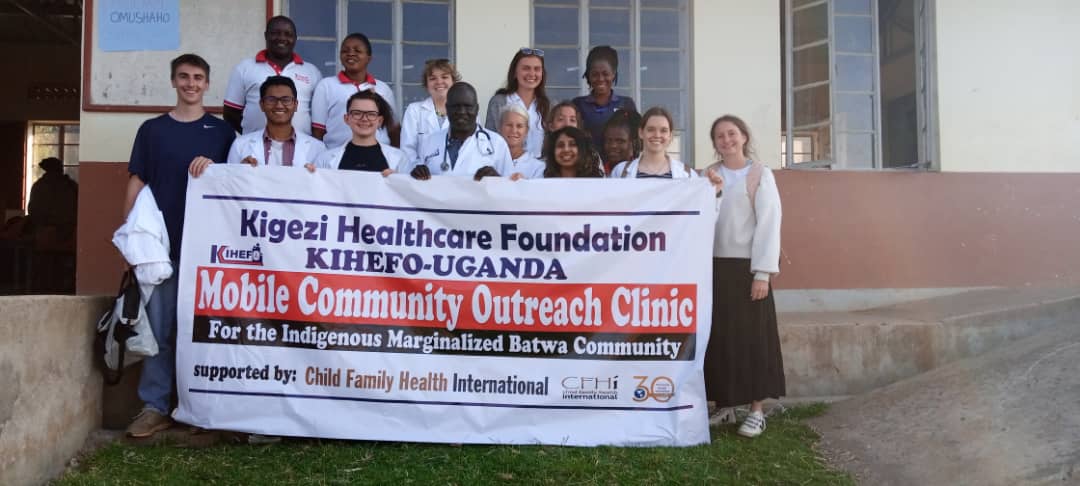
Initial days at the program site will be devoted to orienting participants to Kabale, the program health sites, public transportation, and other logistical matters. A typical day in a CFHI program is a blend of immersive learning, cultural exploration, and personal reflection. Program activities usually take place in the mornings for 4 to 6 hrs, generally Monday through Friday. The clinical site assignments and schedule are shared by the local team upon arrival. Weekends are free of program-planned activities.
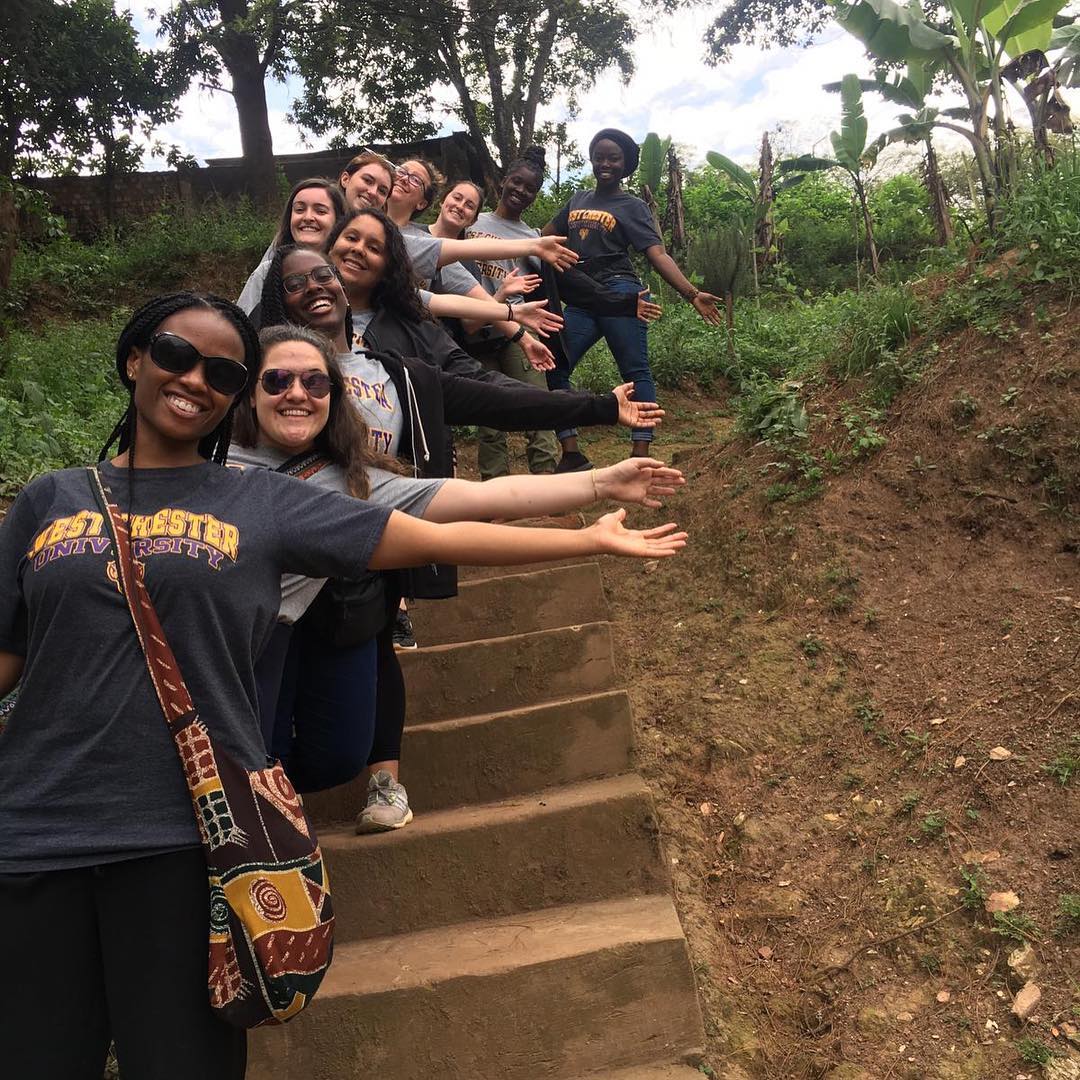
Located a mere 4 miles from Kabale-town, Lake Bunyonyi is believed to be the second deepest lake in all of Africa and boasts over 25 islands. Kabale is also a convenient base for the two parks famous for mountain gorilla tracking. Bwindi Impenetrable Forest is home to more than half of the remaining endangered populations of mountain gorillas, as well as approximately 300 species of birds.
An independent tour company, Kigezi Tours, offers weekend guided travel to many of Uganda’s national treasures, including Queen Elizabeth National Park.
Hello! My name is Roya Gheissari. Full bio coming soon!
Clinical Rotations & Public Health Placements
Meet the Local Team
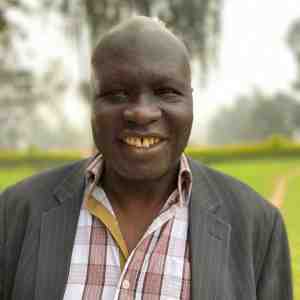
Dr. Geoffrey Anguyo - Kabale Medical Director
The local Medical Director oversees and arranges all clinical and public health-related activities and is also responsible for coordinating healthcare and emergency services for participants as needed. They coordinate a cadre of preceptors who mentor and supervise program participants at both clinical and public/community health sites.
Dr. Anguyo is the Founder/Executive Director of CFHI’s local partner, a Ugandan non-profit organization that prides itself on the creation of an “Activated Community.” Dr. Anguyo has been practicing medicine for over twenty years in Uganda, working in government hospitals, private clinics and through non-profit healthcare delivery. His specialty is HIV/AIDS. Dr. Anguyo grew up in Northern Uganda. As a child, his family was displaced by political violence, fleeing to Congo DRC. These early experiences were formative, and today Dr. Anguyo remains committed to developing practical solutions to improving healthcare and livelihood in Uganda. Dr. Anguyo is currently working on his Doctorate in Public Health at Bath University in the United Kingdom.
Local Coordinator
The role of the CFHI Local Coordinator is to organize housing, transportation, orientation and weekly meetings. The CFHI Local Coordinator is a great resource for any questions related to navigating the program locale, cultural norms, and tips on planning weekend travel.
This CFHI program is ideal for participants who are 19 years of age or older, who have an interest in fields related to nutrition & food security, planetary health, pediatrics & child health, maternal & reproductive health, primary health care, and/or public health. You do not need to be a student to be eligible for this program; mid-career professionals, GAP year learners, and others are also welcome. This program will provide an in-depth overview of nutrition & food security, planetary health, pediatrics & child health, maternal & reproductive health, primary health care, and/or public health in Uganda through rotations with organizations and clinics in Kabale. To confirm your eligibility, please read CFHI’s general eligibility requirements.
The Sustainable Development Goals are a global roadmap set forth by the United Nations General Assembly to end poverty, protect the planet, and ensure the well-being of all individuals by the year 2030. This program highlights the following SDGs:

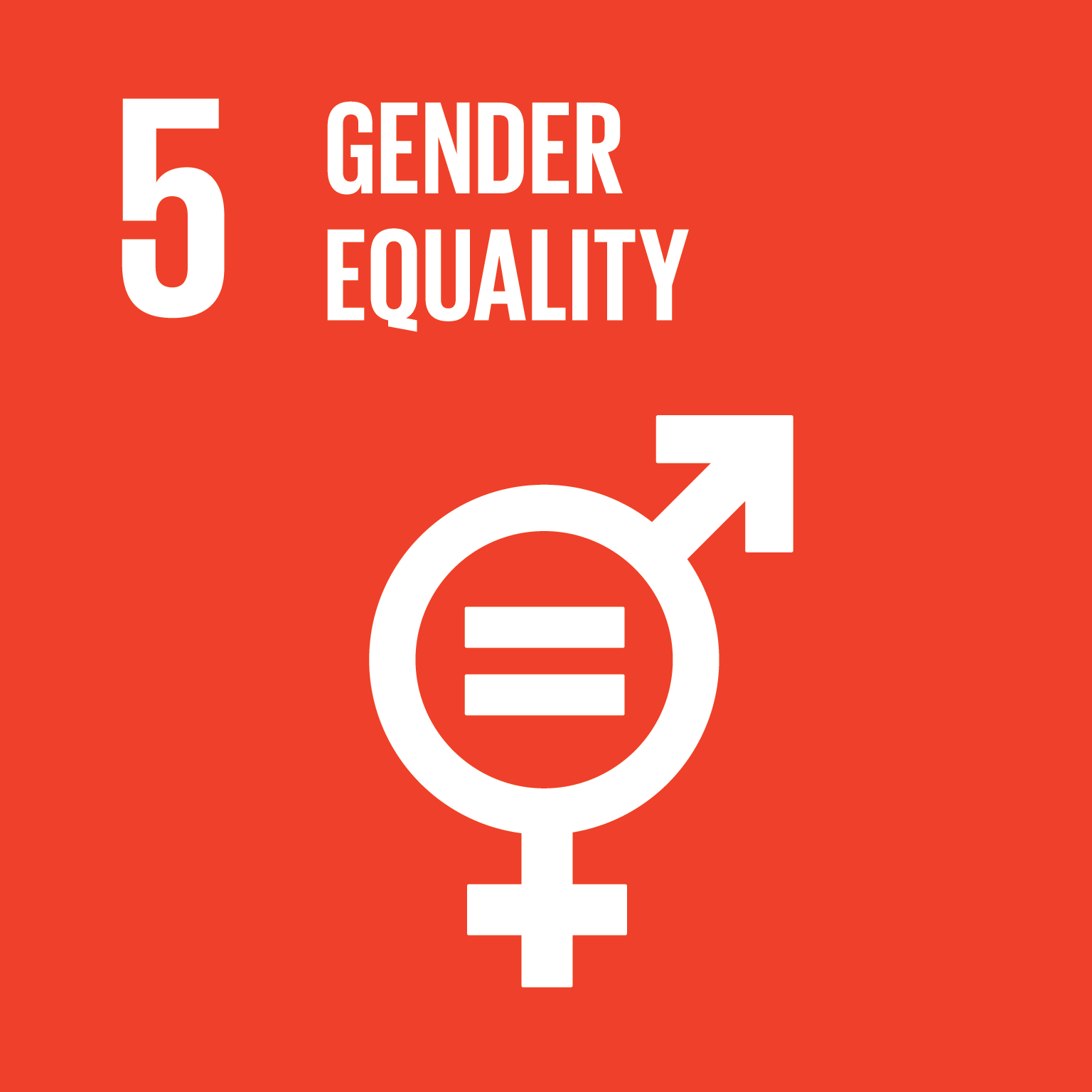

How to Apply
Create profile
Submit application
Wait to hear back from CFHI team
Complete pre-departure training and requirements
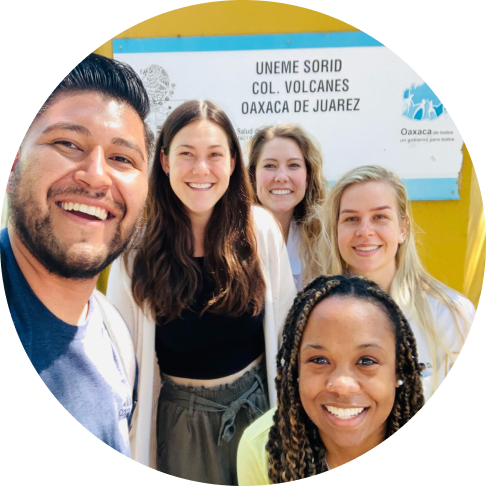

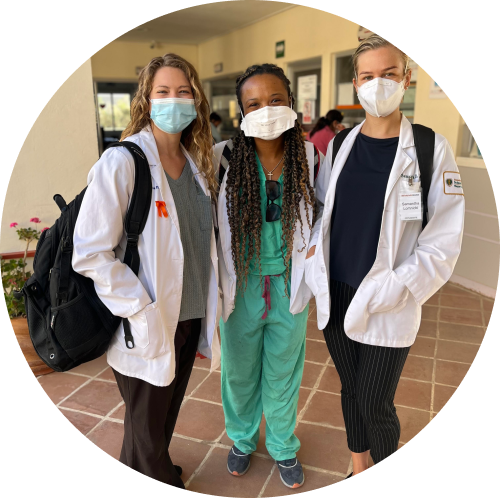
Let The World Change You

